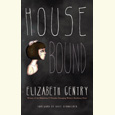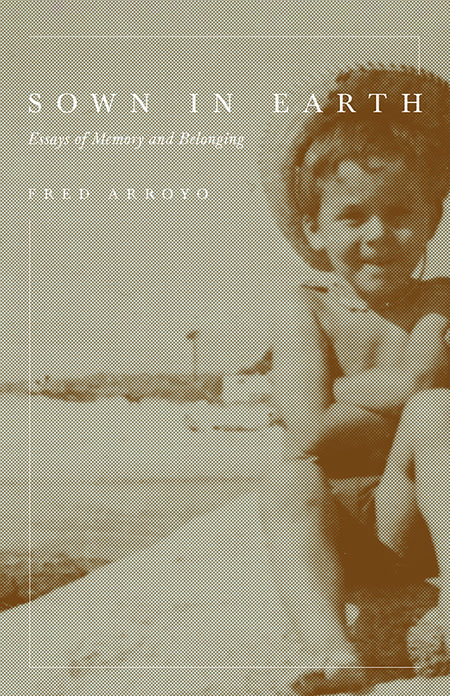Men of Steel
Riding the rails with Howard Bahr in Pelican Road
When an author establishes a stellar reputation for one kind of book, he takes a risk if he turns to new subjects, as Howard Bahr has done in Pelican Road. A former professor of English at Motlow State College in Tullahoma, Bahr acquired a slew of excellent reviews and awards for his first three novels: The Black Flower (2000), The Year of Jubilo (2001), and The Judas Field (2007). Each features characters haunted by the horrors of the Civil War, particularly the vicious Battle of Franklin, and Bahr is rightfully celebrated as a top-notch Civil War novelist. So fans may be apprehensive to learn that his new book skips ahead seventy-five years and portrays not soldiers but men who rode the rails in the golden age of steam.
Pelican Road tracks the lives of a group of railroad men as they make their runs on Christmas Eve, 1940, along the “two hundred and seven miles of ballasted heavyweight main line rail between Meridian, Mississippi, and New Orleans.” It will come as no surprise to readers familiar with Bahr’s work that these characters are complex and plagued by memories of conflict, nor that the resulting story is gripping, poignant, and told in prose that borders on poetic. Describing the approach to New Orleans by rail, for example, Bahr writes: “Dogs howled like the sentinels of barbarian tribes. In an empty lot, men had built a fire in an oil drum, and their shadows leapt over the rubble, over the brittle grass, while the smoke, stinking of old rags, curled over the train. Ancient cemeteries drifted by, crumbling tombs and angels brown with moss and feathered with resurrection plant.”
Bahr knows his railroads as well as he knows the South. After a stint as a Navy gunner’s mate during the Vietnam War, he worked the rails for several years himself. When he describes dangers faced by his characters, he is working from memory as well as imagination. And the dangers are as real on the railroad as on the Civil War campaigns he has previously portrayed. In fact, the similarity between soldiering and railroading is substantial: both are historically men’s domains characterized by long stretches of repetitive chores and punctuated by moments of sheer terror and grisly death. Bahr uses the parallels to build a nearly unbearable tension as two train crews work from opposite ends of Pelican Road.
The men are coworkers, friends, rivals, even family. Black and white, they are bound by shared responsibilities and history. Frank Smith is a conductor, charged with keeping his train on time and out of the way of others. Artemus Kane is a brakeman who served with Smith in the Marines during the First World War. They sit on the brink of another global conflagration, thinking about their past and their loves. “Now, looking out at the quiet street, Artemus could easily imagine the darkness active with striving shadows. No one ever finished his business, he thought. No one ever got it right. Certainly Artemus Kane had never got it right, nor ever would. No wonder the spirit remained. No wonder he saw apparitions.”
A.P. Dunn is a veteran engineer who commands an iron behemoth that operates on the edge of catastrophe. He knows his job but is beginning to lose his mind. “Mister Dunn also remembered the year it snowed. He could remember what he had for breakfast on that vanished morning, and the number of his engine, and conversations held along the trip. Odd that he could not remember what he had for breakfast on the day he was moving in now.” His fireman, Eddie Cox, keeps watch over his friend but is limited in his ability to help because of the racial divide between them.
Rounding out the impressively three-dimensional cast are railroad cops, a lonely telegrapher, a stowaway running from a pregnant girlfriend, and a Jewish conductor mistrusted by his bigoted engineer, the man at the throttle of the Silver Star, a fast and glamorous passenger train full of holiday revelers that in Bahr’s wonderful prose is itself a well-drawn character. “For all its elegance and style, however, the Silver Star was still tons of steel hurtling along on the dime-sized contact between wheel and rail, drawn by a complex machine that was itself a controlled explosion. Artemus knew a number of people, including himself, who could not be induced at gunpoint to board an airplane, but he had rarely known railroad passengers to be nervous. Only the trainmen understood that luck was their sole protection and that any train—even the Silver Star—could run out of it.”
Bahr keeps this tension between past and present, life and death, on a knife edge throughout the book by giving his characters the opportunity to reflect on their lot while showing in unflinching terms the hardness of the lives they lead. These men are comrades in arms every bit as much as men in an army regiment. They leave the women behind to wonder about their safety, to worry that their loved ones may be maimed or killed. For the average citizen, trains have always represented the romance of travel and the opportunity to move on to a new place to begin again. For the trainmen it is a way of life at once privileged and perilous. Howard Bahr has captured this dichotomy with his usual flair for language, plot, and a touch of philosophy. He has left the Civil War behind, but has given readers every reason to follow him into the twentieth century.


